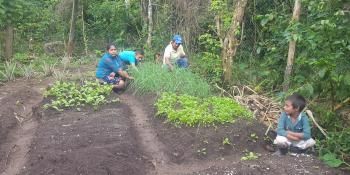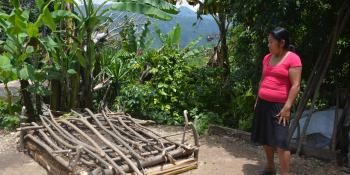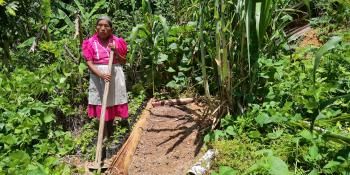Promoting digital cooperation and agroecological traceability with Agroecomakers
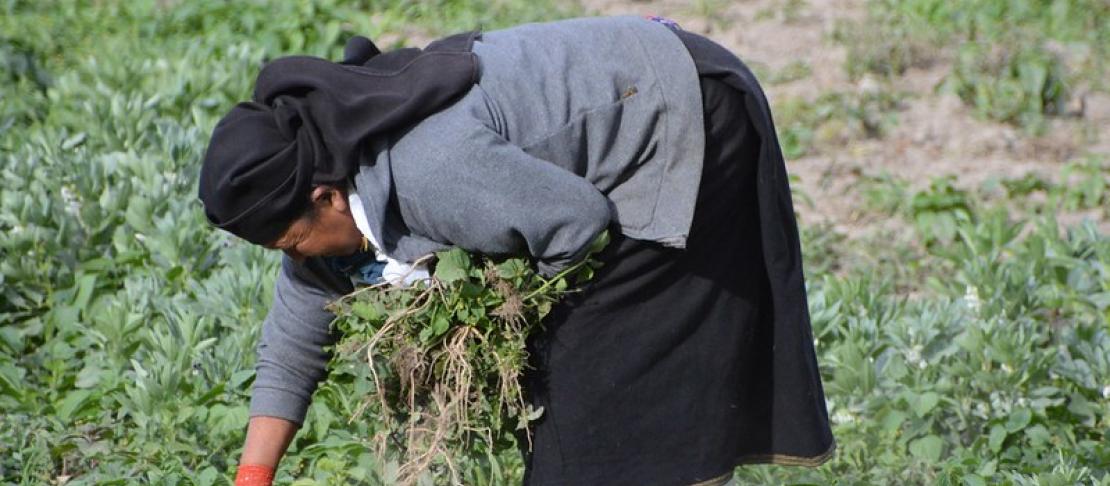
Changes in land use, practices that degrade soils and the phenomenon of climate change, put its biodiversity in check. In this challenging context, Latin America’s food systems are sustained by family farming, which reaches approximately 15 million families with farms that, in most cases, do not exceed 10 hectares (FAO, 2015-2017). These ecologically and culturally heterogeneous family farms produce around 50% of the food that supplies the region (Truitt Nakata, G. and Zeigler, M., 2014).
Today it is recognized that hundreds of thousands of family farmers use agroecological practices that apply ecological principles such as biological diversity and structural complexity, which contribute to adaptation, mitigation to climate change, and low carbon footprints. These practices are anchored in local indigenous knowledge, which has played a fundamental role in the management and conservation of natural resources over time. However, the services they provide are undervalued in the market due to lack of traceability (Karippacheril et al, 2017).
The COVID-19 pandemic has stretched small farmers and their associations, not only in terms of maintaining the food supply "from farm to table", but also by requiring them to transition to the use of digital applications and e-commerce platforms.
Technology and digital culture for agroecology
A factor that hinders this transition is poor connectivity in the Latin American countryside. According to criteria such as internet use, presence of devices, access to data, and adequate speed, connectivities of 21%, 30% and 37% are estimated in rural areas of Peru, Ecuador and Colombia, respectively, with a gap of 20 % between rural and urban areas (Ziegler et al, 2020).
Small farmer also face agroecological challenges in the form of the complexity and diversity of production systems. As a social and political movement, agroecology seeks the autonomy of information technologies that depend on and are owned by multinational companies related to the agro-industrial sector. Participatory guarantee systems that rely on local processes, on the other hand, offer the perspectives of a direct relationship and bonds of trust between actors (Marchetti et al, 2020).
Agroecomakers
In response to these challenges, the Agroecomakers application has been developed with the financial support of the Research Institute for Development (IRD, France) in the BIOINCA international laboratory, which is made up of the Universidad de los Andes (Colombia) and the Pontificia Universidad Católica (Ecuador).
In its first version, Agroecomakers seeks to adapt a traceability system to the diversity and complexity of agroecological systems, relying on participatory research and citizen science to assess the knowledge of farmers in scientific production. As a result, the application has an interactive and inclusive system where the user can collect information from icons without needing to know how to read or write.
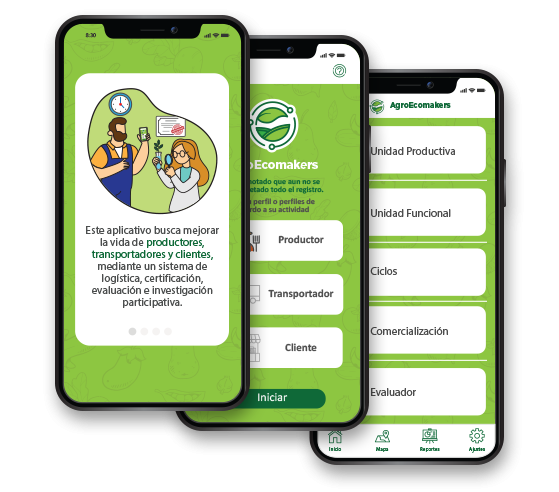
The application has been developed within the framework of the project “Agroecology for climate action in Latin America: Strengthening the evidence for low-carbon, climate-resilient small-scale agriculture“ pilot project in Colombia, Ecuador, and Peru; developed by the CGIAR Research Program on Climate Change, Agriculture and Food Security (CCAFS), in association with the Alliance of Bioversity International and CIAT, the Andean Initiative of the International Potato Center (CIP), IRD and the French Agricultural Research Centre for International Development (CIRAD).
Its objective is to generate evidence on the contributions of agroecology to climate resilience and low carbon emissions from family farming, envisioning sustainable food systems. With the collaboration of local partners EkoRural (Ecuador), CEAR (Peru), and REDMAC (Colombia).
Agroecomakers has a web version and a mobile version, for the contexts of local partners: plots, farms and landscapes that are anchored in agroecological principles. One of the most crucial innovations of the application is that it will allow farmers to collect information without internet connections on their farms.
Agroecomakers differs from other digital systems that are focused on specific crops, since it also focuses on the synergies between a diverse range of agricultural and livestock activities, and the transformation and production of inputs, rather than just production per se. It also considers services such as carbon capture, biodiversity conservation, soil fertilization, plant association, and presence of pollinators.
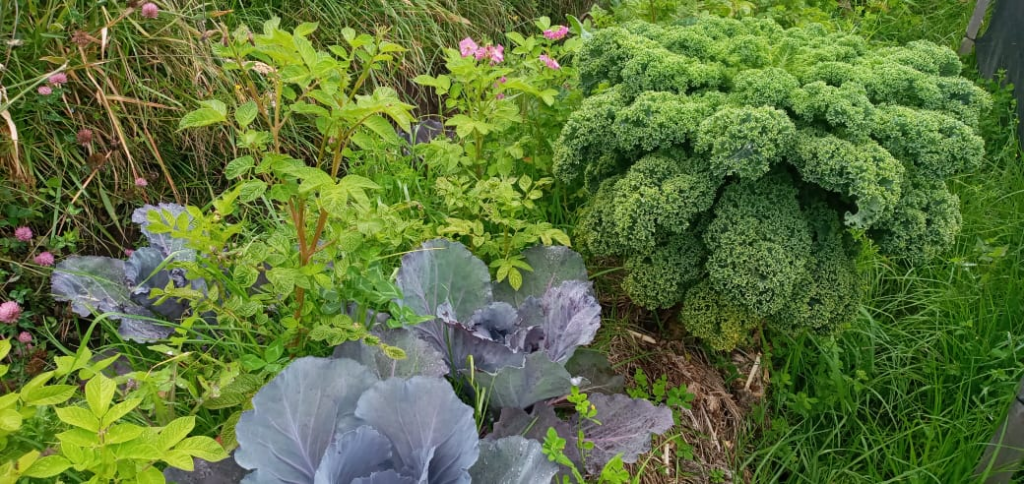
The documentation of these services with a participatory research approach will allow evaluating the efficiency of the farm to reorient and improve its agroecological functioning (synergies between components) through statistical studies and machine learning.
These agroecological services may be valued both in the food production markets and in those for carbon capture, protection of biodiversity, and preservation of cultures.
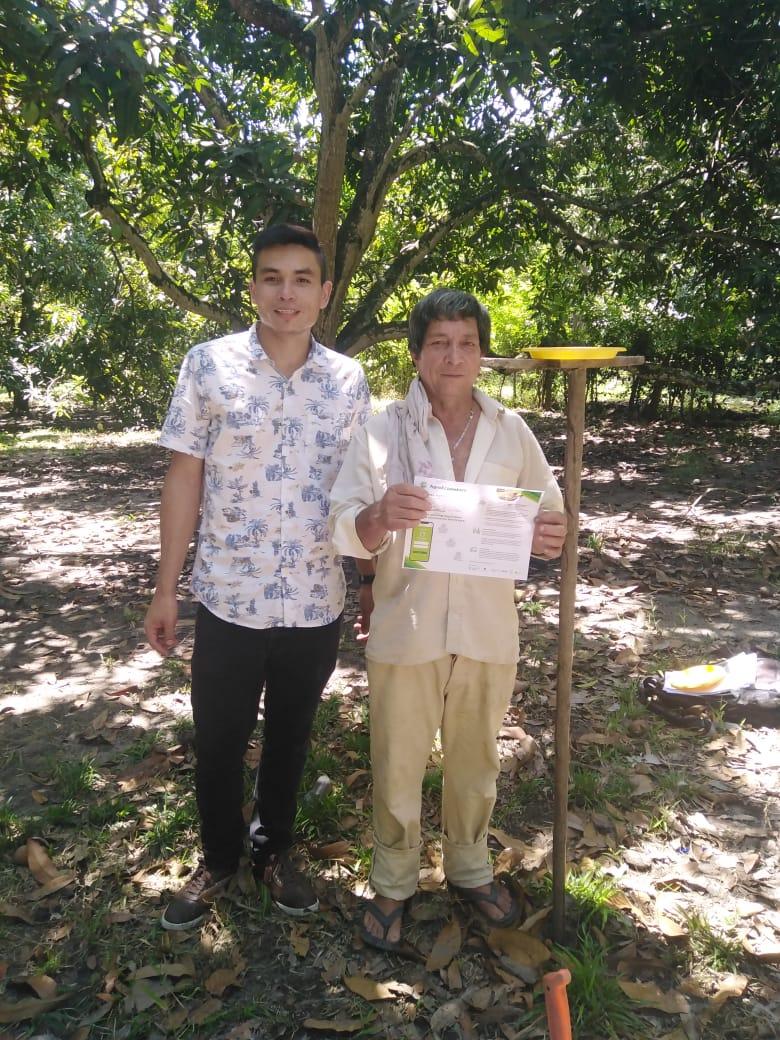
Development and next steps
The application is in a training phase that seeks to familiarize a total of 120 small-scale farmers that produce in agroecological ecosystems in Colombia, Ecuador and Peru with its innovative features. The training is carried out through interviews that record not only quantitative and qualitative information about agroecosystems, but also the voices and accents of their users.
This unprecedented experience is a first pilot for ecological traceability, production logistics, and cooperation in participatory research. In the future, Agroecomakers will be able to function as a participatory agroecological certification platform, linking farmers, consumers, and transporters at the level of food production, distribution and quality assurance systems.
Although the Agroecology project will, end in the coming months, the mobile and web application Agroecomakers will continue to validate and develop through its own dynamics of 'self-training' and adjustments in real time through other ecosystems, organizations, and user communities in Colombia. Ecuador and Peru.
For further information:

